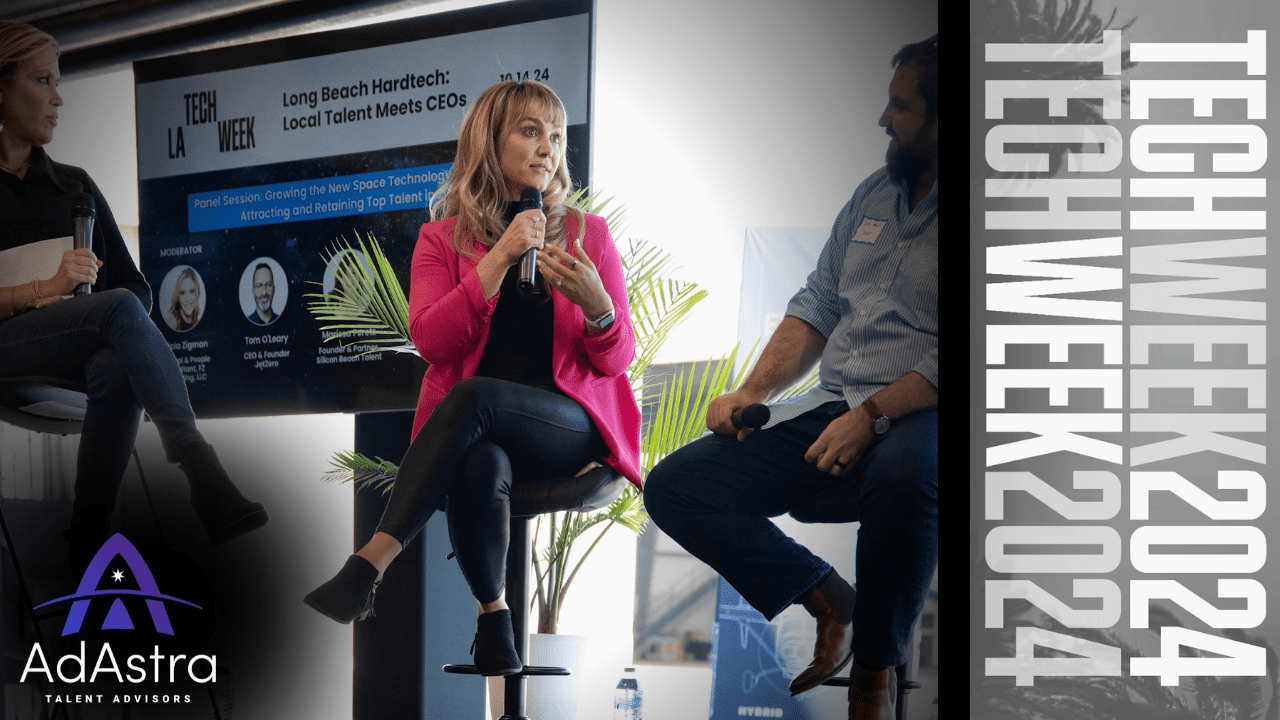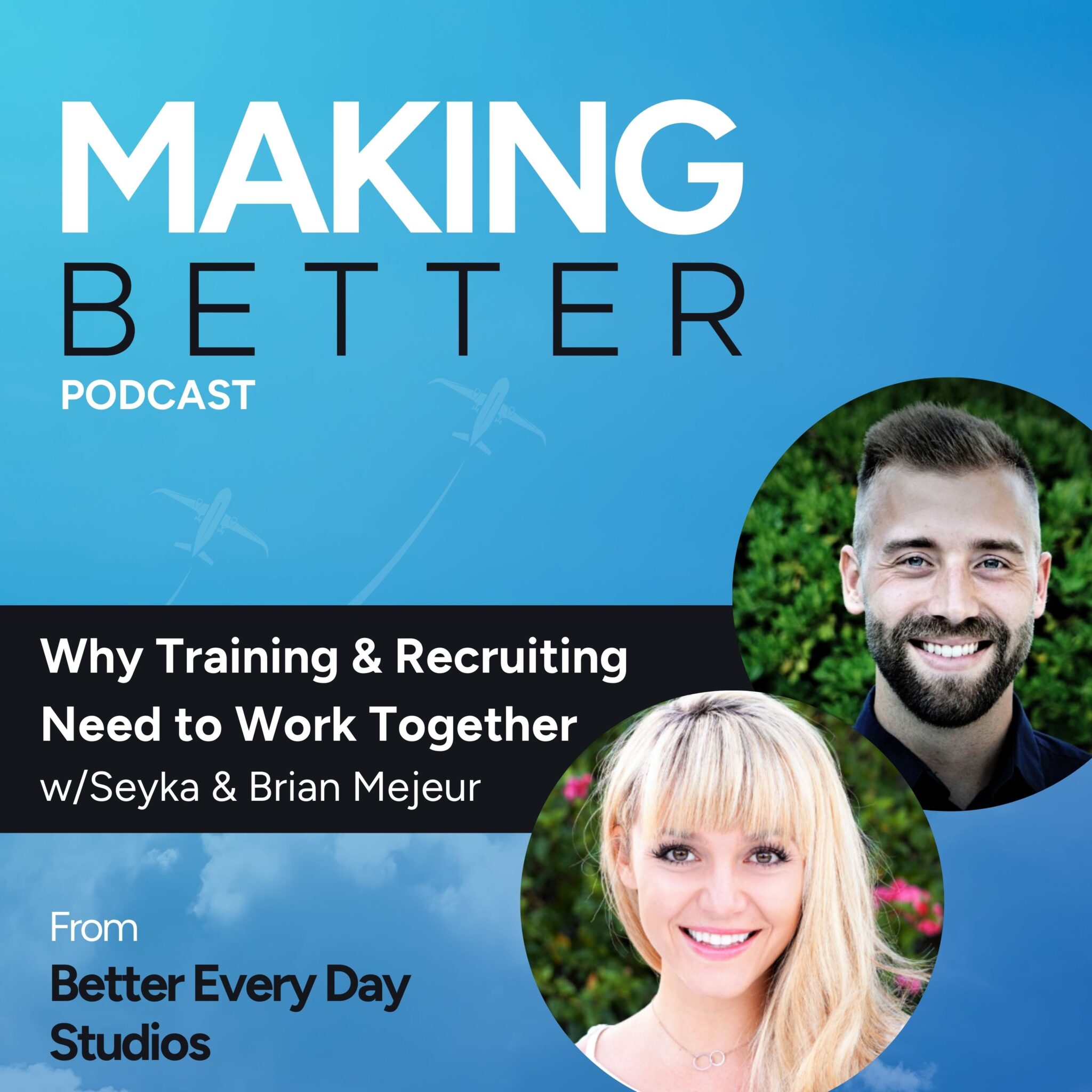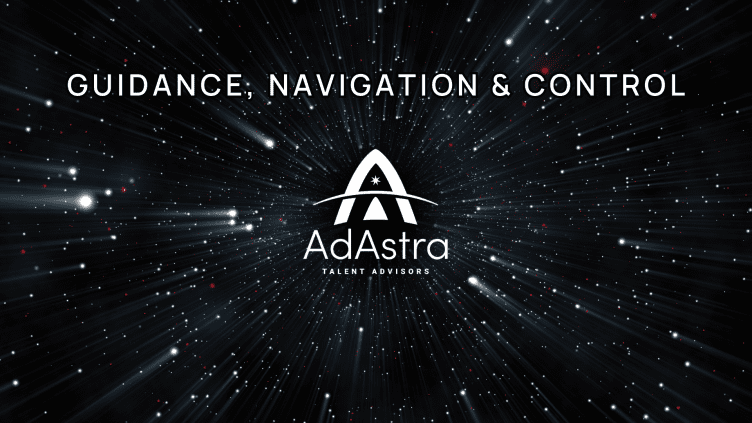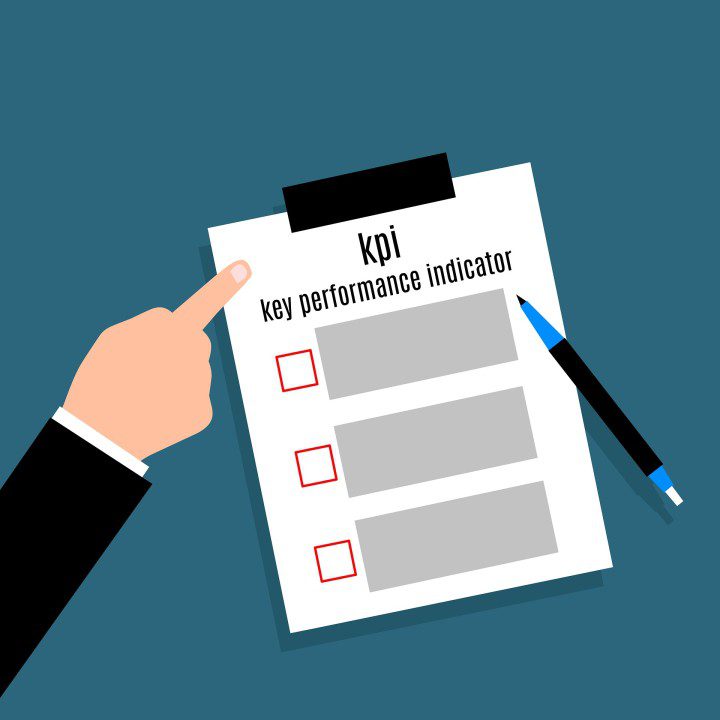
Seyka Mejeur
Founder, CEO, Advisor | Space, Clean Tech & Defense Talent Acquisition Expert | Pilot
Hiring? So important. Hiring the people responsible for hiring? So incredibly important.
Selecting the right recruiter can make or break your team’s growth trajectory, particularly in a startup environment. An effective recruiter can significantly lift the burden on leadership by seamlessly bringing in top talent for critical roles. On the flip side, a poor hiring decision can lead to a negative company reputation, additional business expenses, unnecessary distractions, and can impact things like team morale.
For those who have been through the process of hiring recruiters, you know how challenging it can be. Here’s a closer look at some of the key factors that make this process so nuanced:
Pro: Recruiters Know How to Interview Well. Con: Recruiters Know How to Interview Well.
Recruiters are experts in navigating interviews—not just conducting them, but also excelling as interviewees. They often have a deep understanding of the types of questions they’ll face and come well-prepared to make a strong impression. Really skilled recruiters may even understand where you’re taking a line of questioning, and get ahead of it by volunteering the answers to your follow up questions. While a well-prepared candidate is a great sign, this dynamic adds layers of complexity when hiring recruiters, as they might effectively present an overly optimistic version of themselves.
Weighing the Value of Previous Recruiting Experience
Previous experience in recruiting can be a double-edged sword. On the one hand, recruiters who have honed their skills hopefully understand the intricacies of managing hiring processes and communicating effectively with both candidates and hiring managers. However, those accustomed to the structure of larger organizations might find it challenging to adapt to the fast-paced, multifaceted nature of a startup. End to end ownership of the recruiting process – including things like sourcing, interviewing, scheduling interviews, and even being involved in offer negotiations – is not something all recruiters will excel in or enjoy.
Many recruiters may have only been truly responsible for subsections of the process but not be aware of what the complete system includes. For example, huge name brand companies who have thousands of qualified applicants typically have recruiters who “source” but they are finding candidates from applicants, not searching the internet for hard to find people who would never know to apply. Companies with a lot of hype may have recruiters who “engage” candidates, but it is a really different skill set to get someone excited about Google than a startup without klout.
Transitioning from a role where tasks beyond the initial screen are delegated to an environment where they must wear many hats can be tough. If a recruiter is accustomed to receiving warm applicants and evaluating from there, they may be surprised by the creativity and persistence required to headhunt passive talent. This concept is actually really similar to what Brian Mejeur discussed in his Legacy vs. Startup Talent article earlier this year – we can see parallels between recruiting and engineering here!
Evaluating Grit and the Ability to Persevere
Identifying a candidate’s resilience is critical—not just in recruiting but across all roles in a startup setting. It’s one thing to claim resilience and adaptability; it’s another to demonstrate it when faced with real-world challenges. Whether it’s dealing with low response rates for a crucial role or swiftly adjusting to shifting industry dynamics, the true test of a recruiter’s mettle is how they navigate these obstacles. Some step up with innovative solutions, while others might struggle to keep up.
Understanding and Adapting to Technical Roles
While technical knowledge is undoubtedly valuable for recruiters working in specialized fields, it’s so important to recognize that a truly skilled recruiter often excels regardless of the domain. The ability to quickly learn and adapt to new technical areas, even as a non-technical professional, is rare but possible. For many top recruiters, their expertise lies in understanding the core skills required for a role and effectively translating those into meaningful assessments, even if they don’t have a deep technical background themselves.
Instead of focusing solely on a recruiter’s existing technical knowledge, it’s crucial to assess their capacity to learn and grasp the specific needs of the roles they’ll be hiring for. A recruiter who demonstrates strong critical thinking, a strategic approach to consuming new information, and a willingness to dive into new technical topics can often bridge the gap and deliver high-quality candidates. This ability to adapt is something that allows us to deliver an extremely high quality service to our clients, and therefore an essential characteristic of a recruiter, especially when it comes to a candidate without a technical background themselves.
Finding the Right Cultural Fit
Like any other hire, a recruiter should align not just in terms of skills but also culturally with the team they’ll be joining. There has been some criticism of this idea of cultural fit in the industry and I want to be clear that I’m talking about alignment of values and priorities – not just hiring people that are similar to the existing team. Clarity on what kind of team player you need—whether that’s someone who works independently or a collaborator who thrives in team successes—is essential.
Some recruiting environments are VERY different from others. For instance, a high volume agency recruiting environment might incentivize (intentionally or unintentionally) some gray-area ethics throughout the process – things like poaching candidates from colleagues, encouraging increased compensation to drive up fees or overcoaching candidates for interviews. That can be hard to shake, and it would not be tolerated at a company like ours. Every organization is unique, and knowing what kind of cultural integration you’re looking for will significantly influence your search for the right recruiter.
Final Thoughts: To candidates reading this post – I want to be clear that preparation and polished communication are 100% fantastic! And I LOVE hiring recruiters. We’ve seen a lot of interest in our job posts this year and I can’t express how much I appreciate that. The takeaway here for candidates is that as recruiting leaders, we want to know the real picture instead of just hearing the “right” things. We’re interviewing each other – it’s a bilateral process that’s going to lead to a thriving long-term partnership on both ends if we can be straightforward.
And if you liked reading this, consider reviewing my other articles here:
- A New Approach to Setting Goals in 2024 – Creating Powerful Habits
- How to Approaching New Year Goal Setting in a Way That Actually Works
- Breaking the Chains of Mediocrity: Lessons from an MBA Student on Overcoming Mental Blocks to Pursue Your Passion
- Unlocking Success: Key Hiring Metrics Every Startup Needs to Track
- Top 10 Interview Tips for Candidates
- Biggest Mistakes Candidates Make in Interviews
- Top 3 Do’s and Don’ts of Starting a Business
- How to Get an Amazing Mentor (and Why it Matters)
- Mentorship Programs Reveal Big Wins for Companies (People Ops Pros Listen Up)
- Mastering the Art of Negotiation: Tips and Strategies for Success


